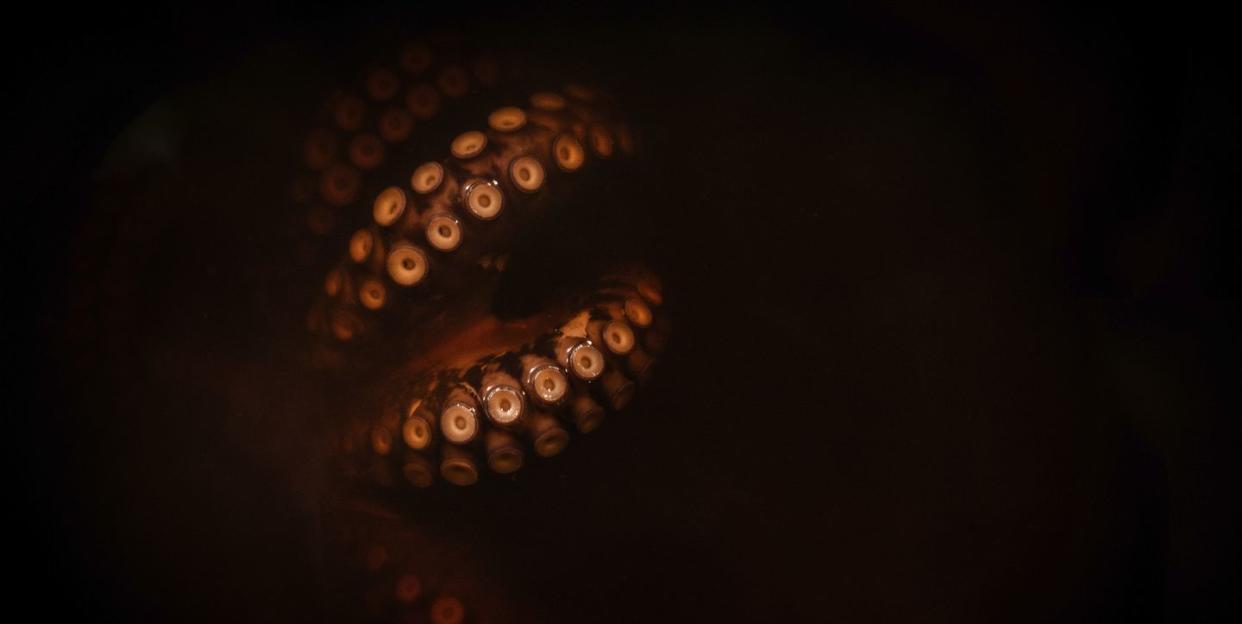Could Life on Earth Have Originated Elsewhere?

People who search for aliens on Earth are likely thinking of little green men and flying saucers in the sky, but what if they should be looking at tentacles in the sea? A recent paper claims that octopuses and other cephalopods have their origins on a different planet, brought here as eggs on some asteroid in our planet’s distant past.
It’s a pretty far-fetched idea, and almost certainly not true, but the idea of life on Earth originating from somewhere else is not as completely ridiculous as it might seem. The idea is called ‘panspermia,’ and while there’s not a whole lot of evidence supporting it panspermia remains an interesting hypothetical for now.
Panspermia, broadly defined, is the idea that living organisms or genetic material can travel between planets in our solar system, and even between our solar system and nearby stars. There’s nothing to suggest that this has ever happened, but there is a lot of evidence suggesting that it could.
Some life forms-like tardigrades and certain species of bacteria and fungus-can survive for extended periods in the vacuum of space. An experiment on the ISS found that a number of microbes survived just fine in space for nearly two years, and it’s almost guaranteed that some species can survive for longer. In fact, microorganisms surviving in space is such a problem for NASA that the agency has a ‘Planetary Protection Officer’ devoted to making sure it doesn’t happen by accident.
In addition, we know that some material from one planet can wind up on another planet. Here on Earth we have a collection of rocks from Mars. Nobody went to Mars to get them; we found them here on this planet. At some point, an asteroid impact on Mars sent rocks into space and some of them found their way here.
All it would take for life to travel from Mars to Earth-or vice versa-would be for an asteroid to impact a site with some microorganisms, and for those organisms to survive the impact, getting ejected into space, several years orbiting the Sun, and reentry and landing on a different planet. That’s certainly enough to kill most things, but there’s also a chance something could be hardy enough to survive it all.
All of this is a long way from saying that octopuses are aliens, which is, to put it mildly, a stretch. Octopuses evolved here along with everything else. But it doesn't mean the broader theory is completely infeasible, and it may be worth considering at some point in the future, especially if we manage to find life elsewhere in our solar system.
You Might Also Like

